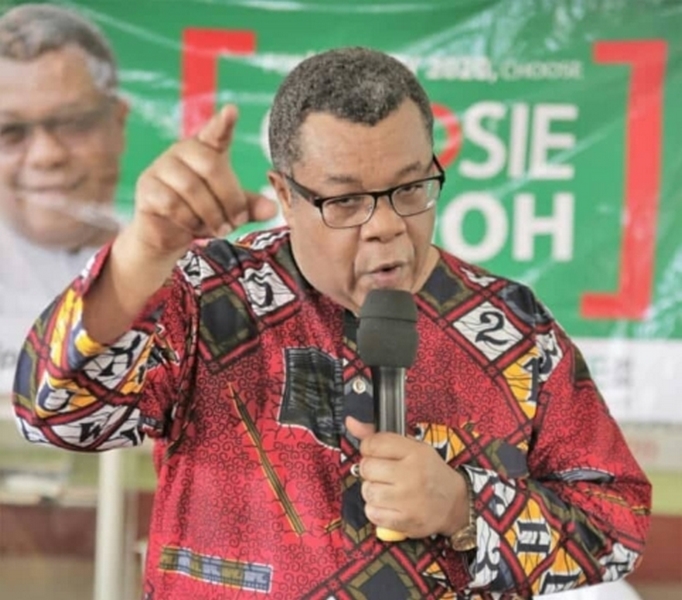Presidential Advisor on the 24-Hour Economy and Accelerated Export Development Programmes, Mr Augustus Goosie Tanoh, has expressed strong confidence in President John Dramani Mahama’s commitment to enhancing the credibility and legitimacy of governance.
Speaking in an interview on Channel One TV, Mr Tanoh highlighted the significant strides made by the President within his first 120 days in office, describing them as clear indicators of a renewed focus on national transformation and progress.
“I think the social contract—the 120-day contract—and the fact that he has achieved all those milestones show a new, renewed determination and purpose,” he said. “That sets the landscape for what is to come. In that sense, yes, he has demonstrated clearly that he means business, and that he also intends to promote, protect, and expand business.”
Mr Tanoh stressed that the 24-Hour Economy policy goes beyond simply extending working hours. According to him, it represents a fundamental shift in how the state interacts with its citizens, businesses, and institutions.
“One of the interesting things is that the reset agenda is also about the state—and how it relates to the citizenry, businesses, and institutions. Because without an efficient and friendly state, investors will run away. It will become a barrier to progress and development,” he explained.
He also pointed to President Mahama’s anti-corruption measures, particularly the introduction of a Code of Conduct for public officials, as evidence of the administration’s commitment to transparency and accountability.
“Some of the anti-corruption things he has done, such as the Code of Conduct, are to lead the way—to show that in this dispensation, we mean business and we will follow through.”
Mr Tanoh’s comments come on the heels of the official launch of the government’s flagship 24-Hour Economy policy. The initiative is designed to boost job creation, increase productivity, and drive inclusive economic growth by encouraging continuous operations in key sectors such as healthcare, transportation, manufacturing, and retail.



